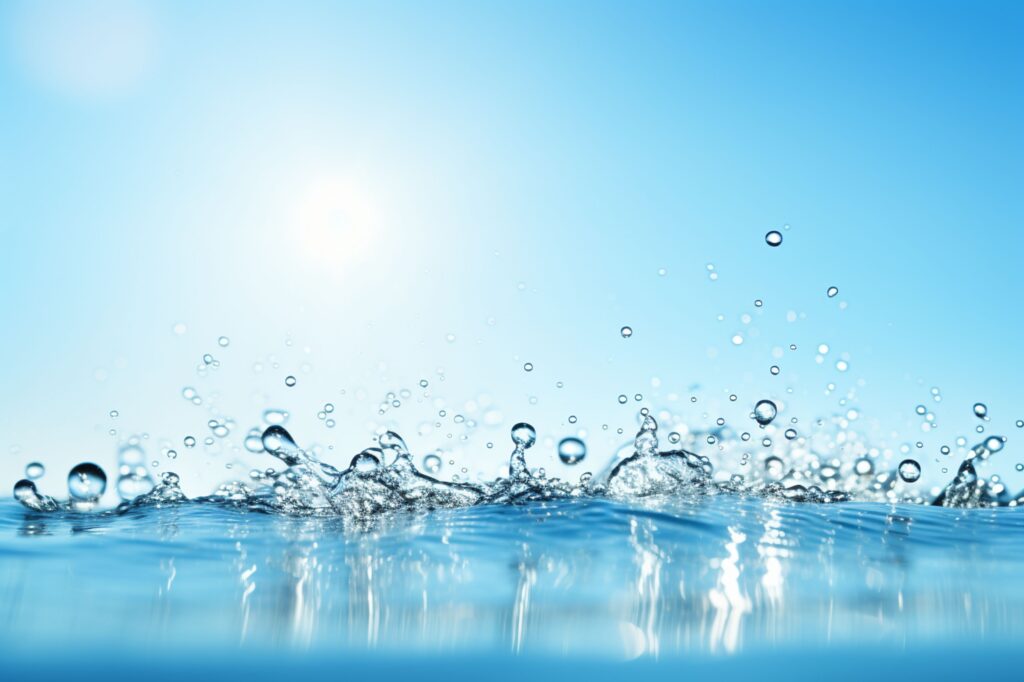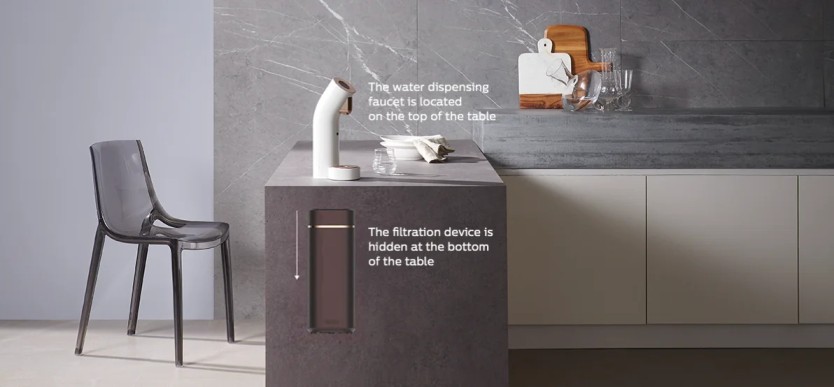Access to clean drinking water is a fundamental necessity for health and well-being. In Malaysia, while the nation is endowed with abundant water resources, the quality of drinking water can vary significantly across different regions. The demand for water filter Malaysia options has increased due to concerns about water quality and safety. Contaminants from industrial activities, agricultural runoff, and aging infrastructure pose serious risks to water safety, making it essential for residents to consider using a water filter. This article explores the importance of clean drinking water in Malaysia, the reasons you need a water filter, and how to choose the right one for your needs.
Understanding Water Quality in Malaysia
a. Sources of Water Contamination
Malaysia’s water supply primarily comes from rivers, lakes, and groundwater. However, these sources are vulnerable to contamination from several factors:
- Industrial Pollution: Rapid industrialization has led to the discharge of pollutants into water bodies. Factories might release heavy metals, chemicals, and waste products that can compromise the quality of water.
- Agricultural Runoff: The use of fertilizers and pesticides in agriculture can lead to runoff that introduces harmful chemicals into local water sources. This runoff can contaminate both surface and groundwater supplies.
- Urbanization: Increased urban development often results in inadequate waste management systems, contributing to water pollution. Sewage and waste can easily enter water sources if not properly managed.
- Aging Infrastructure: Many water distribution systems in Malaysia are outdated. Aging pipes can lead to leaks and contamination from rust or other materials, further compromising water quality.
b. Health Risks Associated with Contaminated Water
Contaminated drinking water can lead to serious health issues. Common contaminants such as bacteria, viruses, heavy metals, and chemical pollutants can pose various health risks, including:
- Waterborne Diseases: Contaminated water is a breeding ground for pathogens that can cause gastrointestinal diseases, cholera, and dysentery. These illnesses can be particularly dangerous for children and the elderly.
- Chronic Health Conditions: Long-term exposure to heavy metals like lead, arsenic, and mercury can lead to serious health problems, including neurological damage, kidney issues, and increased cancer risk.
- Reproductive Issues: Some chemical contaminants can disrupt endocrine functions, potentially affecting fertility and fetal development.
The Importance of Clean Drinking Water

a. Promoting Public Health
Access to clean drinking water is crucial for maintaining public health. The World Health Organization (WHO) emphasizes that safe drinking water is vital for preventing disease. By filtering your water, you can significantly reduce the risk of waterborne diseases and chronic health issues associated with contaminated water supplies. Clean water supports overall well-being, enhances the immune system, and contributes to a healthier lifestyle.
b. Supporting Hydration and Nutrition
Staying hydrated is essential for good health. Clean water aids in digestion, nutrient absorption, and the elimination of toxins. When water is contaminated, people may be less inclined to drink sufficient amounts, leading to dehydration and other health complications.
c. Protecting Vulnerable Populations
Certain groups, such as children, the elderly, and pregnant women, are more susceptible to the effects of contaminated water. Access to clean drinking water helps protect these vulnerable populations from serious health risks. For families with young children, ensuring safe water is critical for their growth and development.
Why You Need a Water Filter in Malaysia
a. Assurance of Water Quality
Using a water filter gives you control over the quality of the water you consume. While municipal water is treated, it may still contain residual contaminants. A water filter provides an additional layer of protection, ensuring that you and your family have access to clean, safe drinking water.
b. Cost-Effectiveness
Investing in a water filter can be more cost-effective in the long run compared to purchasing bottled water. While the initial cost of a filtration system may seem significant, the savings on bottled water purchases and the potential health benefits can outweigh the expenses over time. Moreover, with a water filter, you can enjoy an unlimited supply of filtered water at home.
c. Environmental Benefits
Using a water filter reduces reliance on single-use plastic bottles, contributing to environmental sustainability. Malaysia faces significant challenges with plastic waste, and by filtering your own water, you can help minimize plastic pollution. This shift not only helps conserve resources but also protects marine life and ecosystems.
d. Convenience
Having a water filter at home provides convenient access to clean drinking water whenever you need it. Whether you’re filling a glass, preparing food, or making beverages, filtered water is easily accessible, encouraging hydration and healthy habits. This convenience is especially beneficial in households with children and active lifestyles.
Types of Water Filters Available in Malaysia
When considering a water filter, it’s essential to choose a system that meets your specific needs. Here are some common types of water filters available in Malaysia:
a. Activated Carbon Filters
How They Work: Activated carbon filters use a bed of activated carbon to absorb impurities and improve taste.
Effectiveness: These filters effectively remove chlorine, sediment, and volatile organic compounds (VOCs). They are particularly good at improving taste and odor. However, they may not remove heavy metals or microorganisms.
b. Reverse Osmosis (RO) Systems
How They Work: RO systems use a semi-permeable membrane to remove contaminants from water by applying pressure.
Effectiveness: These systems are highly effective at removing heavy metals, salts, and microorganisms, making them a popular choice for households concerned about water quality. They do, however, waste some water during the filtration process.
c. UV Filters
How They Work: UV filters use ultraviolet light to kill bacteria and viruses in water.
Effectiveness: While they are excellent for disinfecting water, UV filters do not remove chemical contaminants or sediments, so they are often used in combination with other filtration systems for comprehensive protection.
d. Faucet-Mounted Filters
How They Work: These filters attach directly to the faucet, providing filtered water on demand.
Effectiveness: They are convenient and easy to install, making them a good choice for renters or those looking for a temporary solution. However, they may have limited capacity compared to larger systems.
Choosing the Right Water Filter
When selecting a water filter for your home, consider the following factors:
a. Assess Your Water Quality
Conduct a water test to determine the specific contaminants present in your water supply. This information will help you choose a filter that effectively targets those contaminants.
b. Filter Type and Effectiveness
Choose a filter type that meets your needs. If your primary concern is microbial contamination, consider a UV filter or an RO system. If taste and odor are your main issues, an activated carbon filter may suffice.
c. Maintenance and Replacement Costs
Consider the maintenance requirements of the filter, including how often you need to replace cartridges and clean the system. Some filters require more frequent maintenance than others.
d. Budget
Evaluate your budget and consider the long-term costs, including the initial investment and ongoing maintenance expenses. It’s essential to find a filter that fits your financial capacity while still providing clean drinking water.
Conclusion
In Malaysia, the importance of clean drinking water cannot be overstated. With potential contaminants in the water supply, investing in a quality water filter is a proactive step toward ensuring the health and safety of you and your family. Clean water promotes better health, protects vulnerable populations, and supports environmental sustainability.
By understanding the common contaminants present in your water and the benefits of using a water filter, you can make informed choices that enhance your quality of life. Prioritizing water quality is not just a personal choice; it’s a vital step toward fostering a healthier, safer community for everyone in Malaysia. Investing in a water filter is a commitment to your well-being and the health of the environment.
